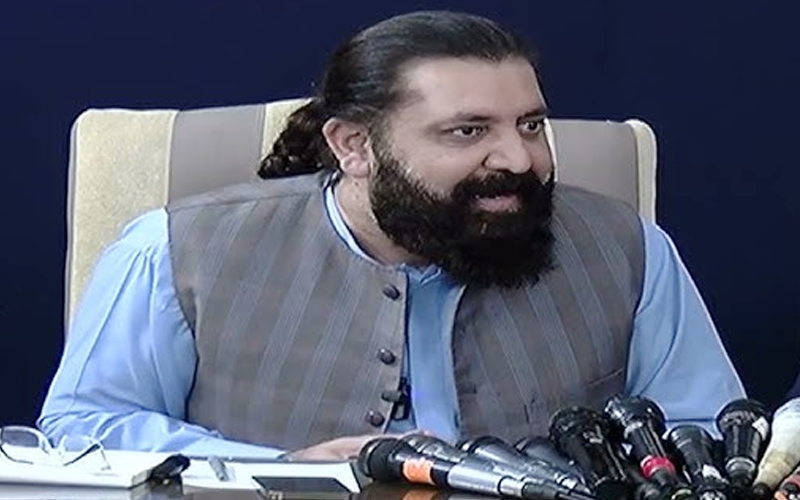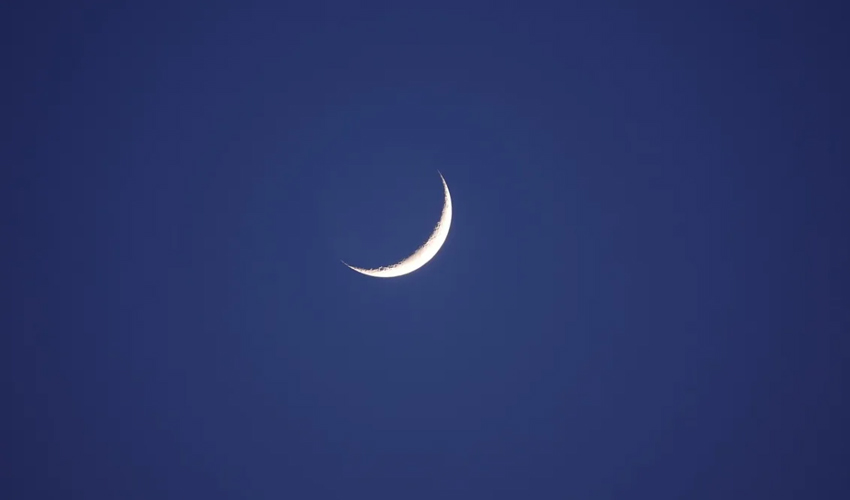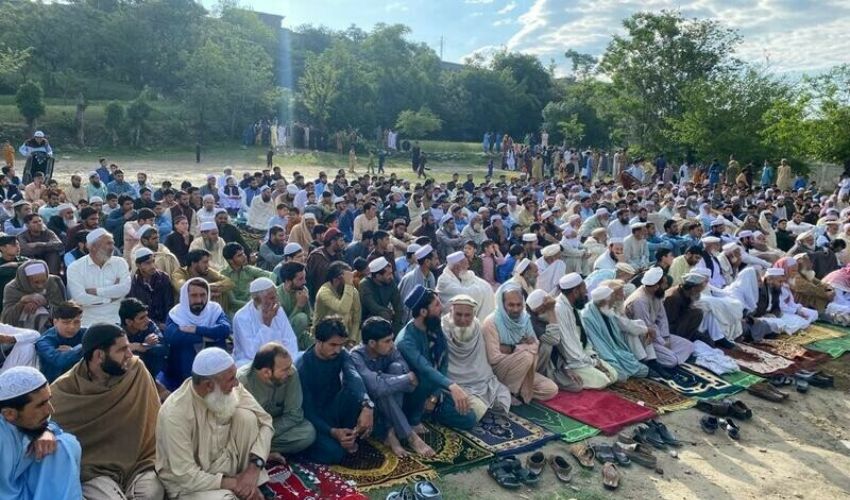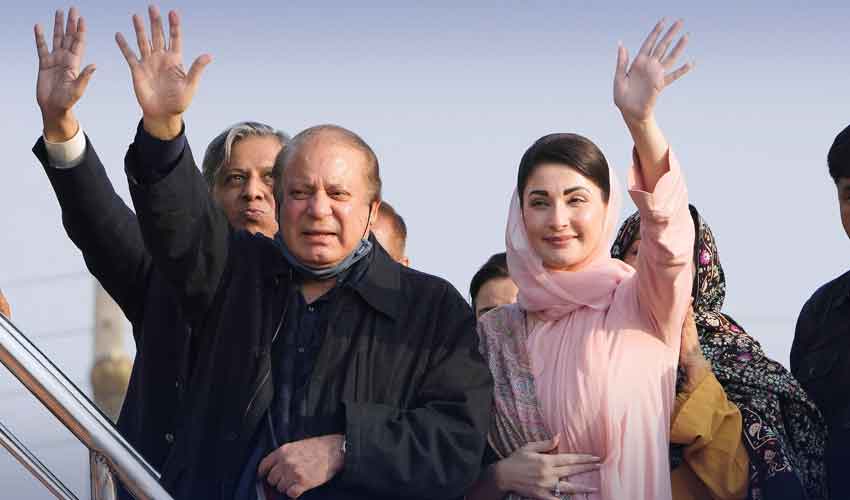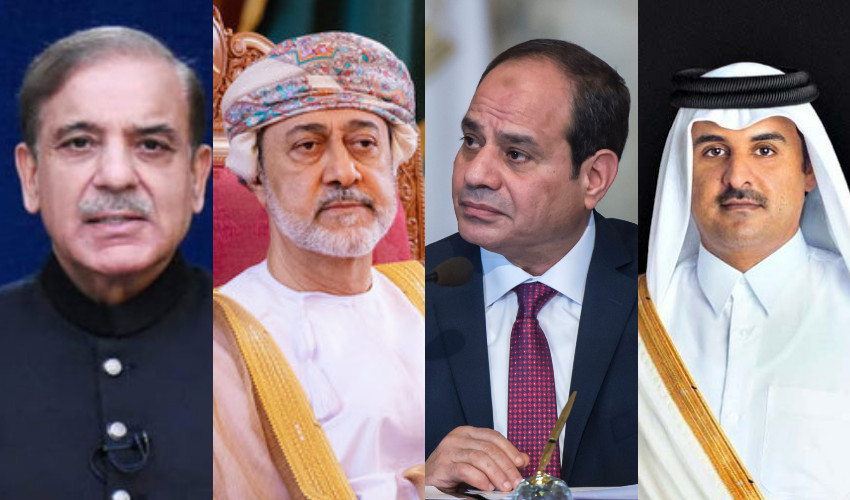As Pakistan prepares to host a Shanghai Cooperation Organisation (SCO) summit, the Pakistan Tehreek-e-Insaf (PTI) has raised concerns about potential disruptions to the nation's international image and stability following its announcement to stage protest.
The summit, which is expected to draw distinguished guests from various nations, marks a significant opportunity for Pakistan to bolster its international standing.
However, PTI’s recent announcement of a protest on October 15 in Islamabad's D-Chowk has raised eyebrows and cast a shadow over the proceedings.
PTI leader Sheikh Waqas Akram stated via social media that the party's political committee has instructed its organizational heads to prepare for a large-scale demonstration.
This protest is scheduled to coincide with the arrival of foreign delegations, leading many to view it as a deliberate attempt to undermine Pakistan’s international reputation.
Critics have argued that PTI’s history of disrupting major national events—such as the protests that derailed a crucial visit by the Chinese President in 2014—reflects a pattern of behavior that threatens the country’s dignity.
The recent visit of Malaysia's prime minister and now the upcoming SCO summit seem to be targets of PTI’s political maneuvering, raising questions about the party’s loyalty to national interests.
The party's actions are being interpreted as providing India with an opportunity to excuse its absence from the summit, potentially leading to further embarrassment for Pakistan on the global stage. This has sparked a debate among the public regarding PTI’s motives, especially as they relate to the broader national interest versus political gain.
The PTI's call for protest has raised serious concerns about the party’s priorities.
Meanwhile, the observers are urging citizens to consider whether PTI's political ambitions are worth jeopardising the country's international standing during such a pivotal moment.





